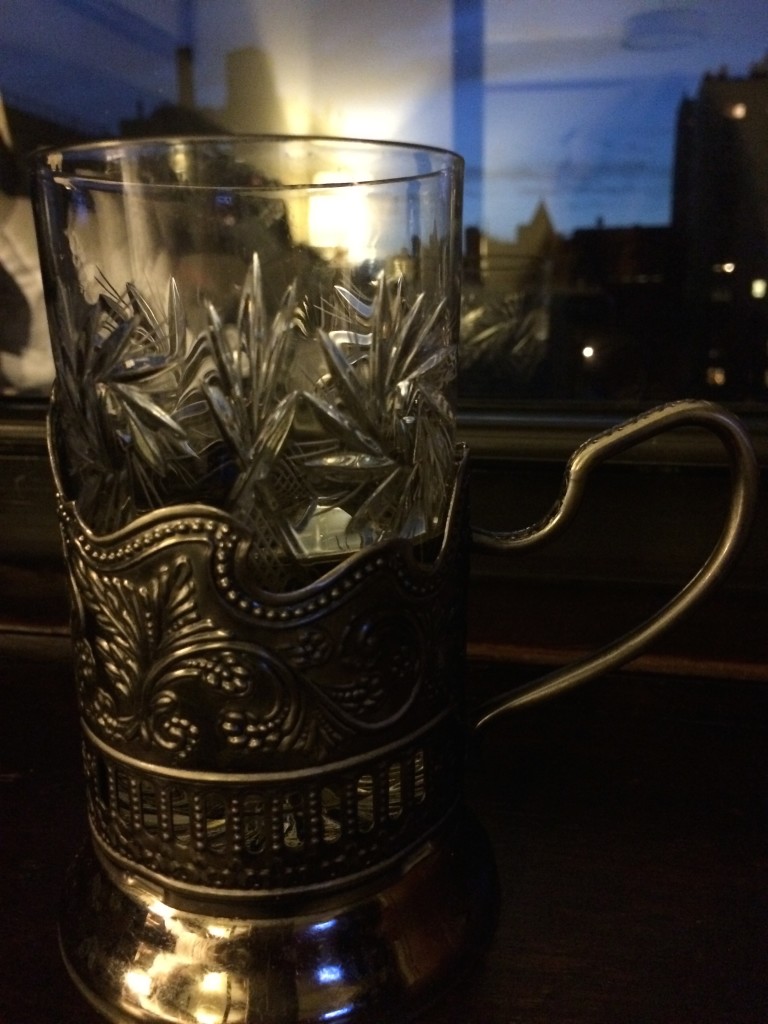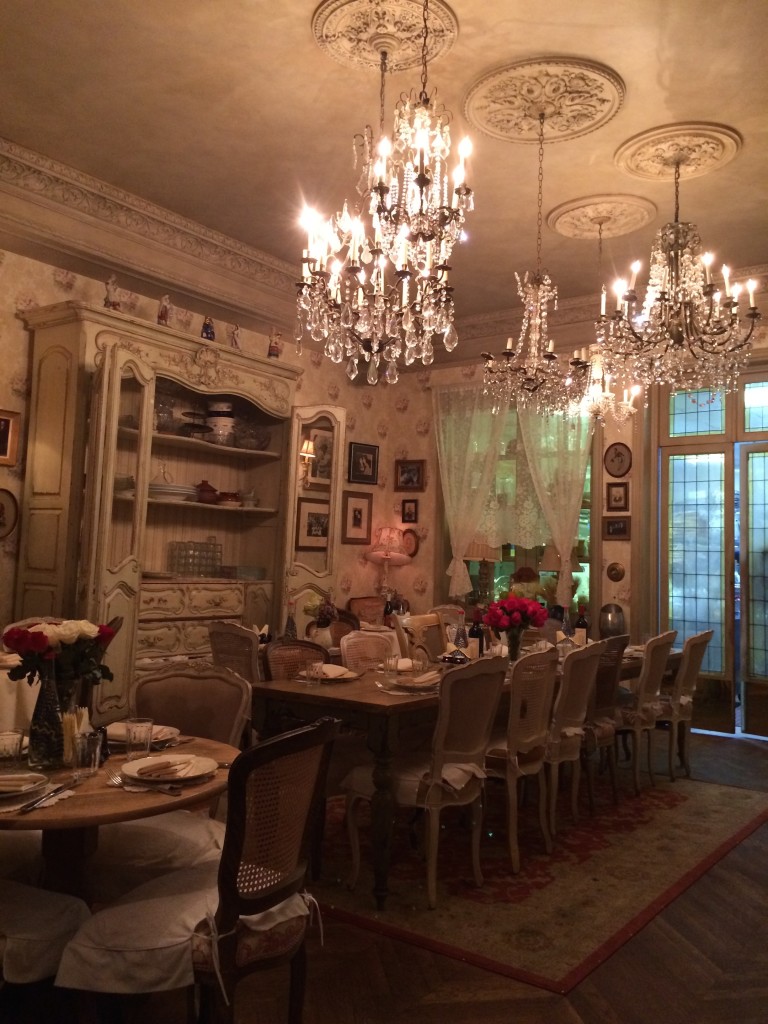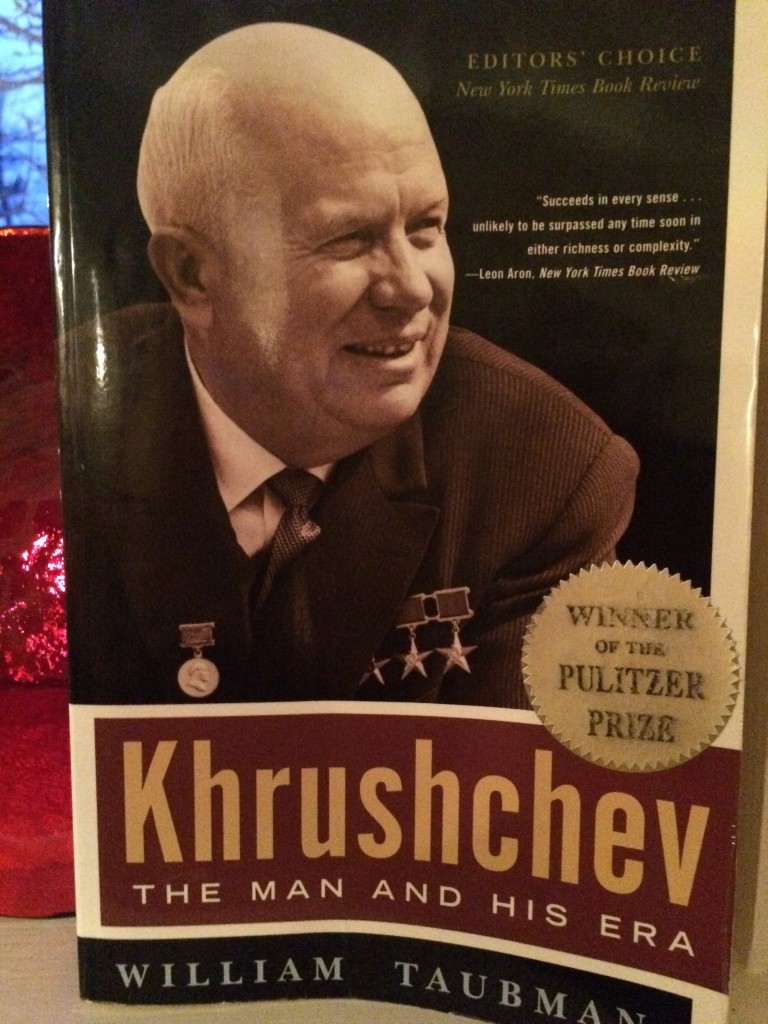 Once upon a time in Mari Vanna restaurant, on a cold winter day in the heart of New York City, we were served a hot cup of tea in a beautiful crystal glass encased in a silver-plated holder with a handle.
Once upon a time in Mari Vanna restaurant, on a cold winter day in the heart of New York City, we were served a hot cup of tea in a beautiful crystal glass encased in a silver-plated holder with a handle.
After not-so-subtly admiring it, we learned from the friendly Russian bartender that it was a real Russian tea glass holder – a “podstakannik” (literally “under the glass”) – which had previously been used for serving tea on a Russian railway.
As it so happens, podstakanniks have a very interesting history. Believed to have entered the tea community in Russia toward the end of the 18th century (when tea drinking became common in this area of the world), they became increasingly more widespread, particularly on Russian trains and in the Soviet Union era when markets were flooded with podstakanniks made of copper-nickel, nickel, silver and gold. Read more

